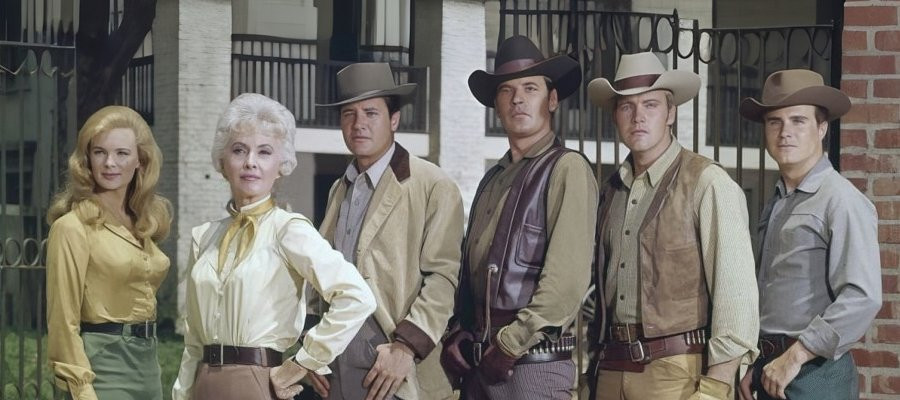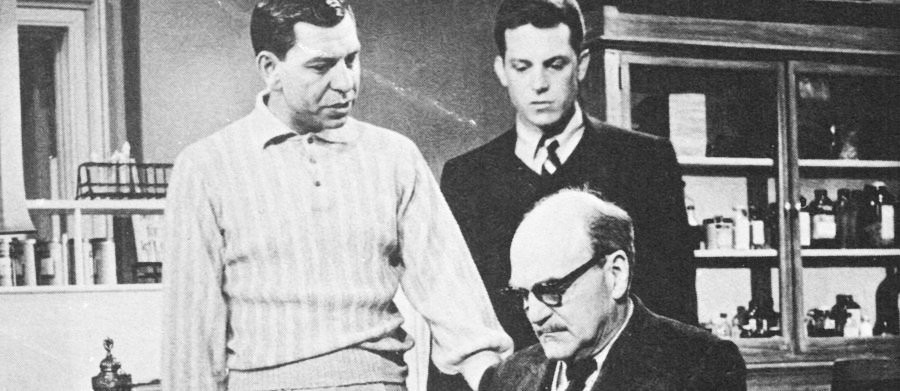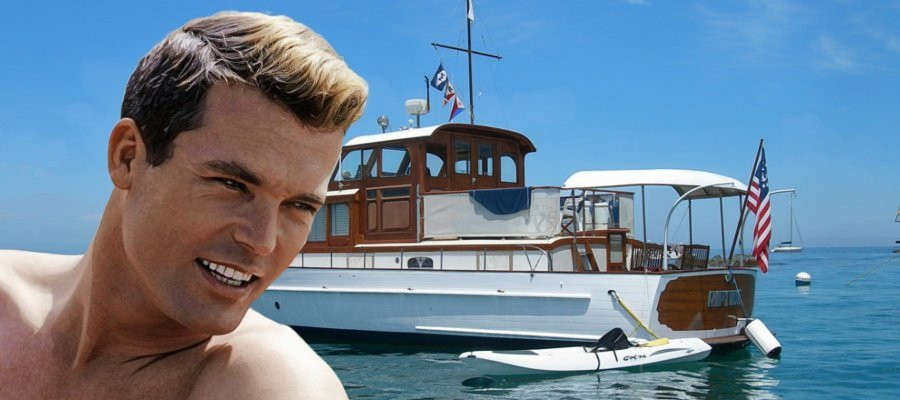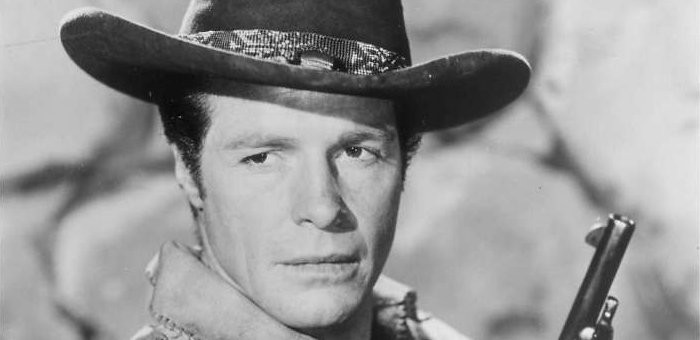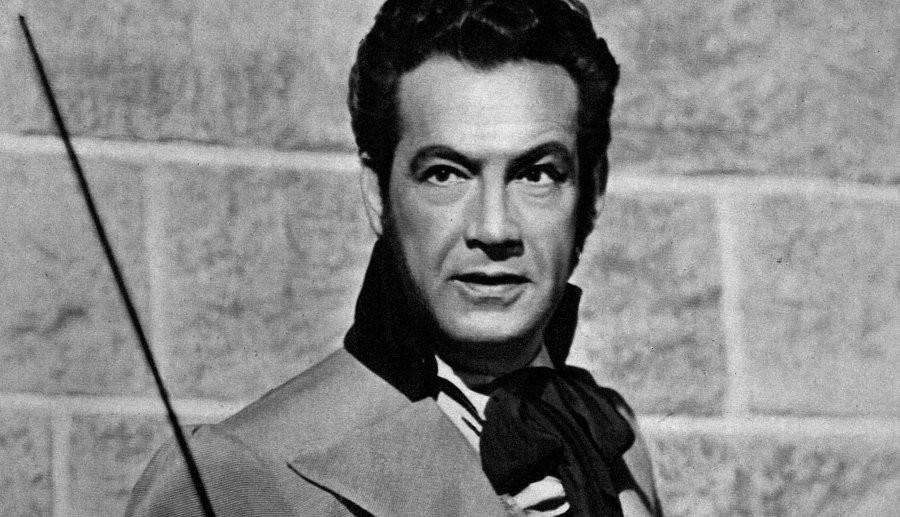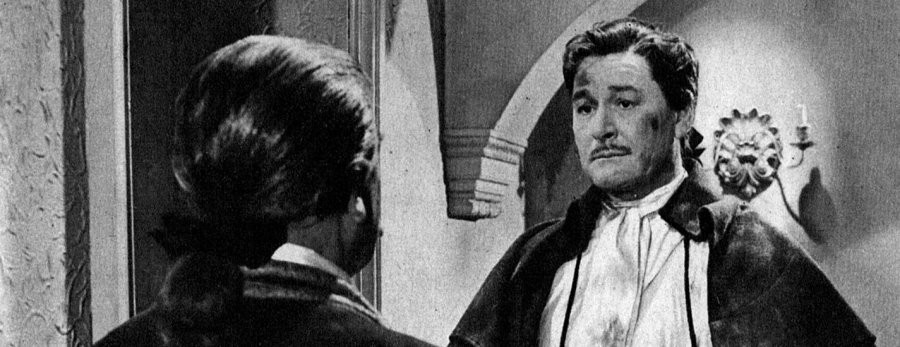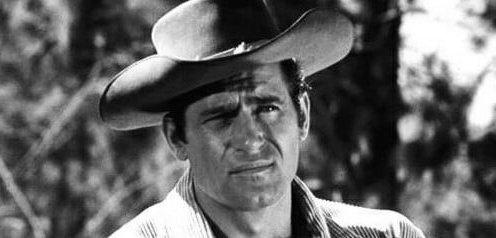
Cheyenne
1956 - United StatesPremiering during the golden age of TV Westerns, Cheyenne stood out not just for its rugged storytelling, but for launching Clint Walker into stardom as the towering, soft-spoken hero Cheyenne Bodie. A frontier scout of mixed heritage, Bodie wandered the post–Civil War American West in search of justice, adventure, and purpose—an archetypal Western loner played with stoic strength by Walker, whose real name was Eugene Walker.
Standing at 6'6" (1.98m) with a deep voice and commanding screen presence, Walker was tailor-made for the genre. Before acting, he worked a variety of jobs—from riverboat deckhand to merchant seaman—before catching the eye of Warner Bros.
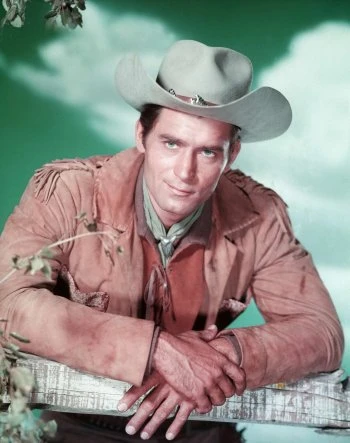
Backed by Warner Bros., Cheyenne had a distinctive polish that set it apart from many of its contemporaries. The studio gave the series a cinematic feel by incorporating action sequences lifted directly from their theatrical Westerns, giving the show a bigger, more dramatic scope without the budget of a full-scale film production. This technique helped make Cheyenne visually striking for its time and contributed to its early success. Walker’s portrayal of Cheyenne Bodie, a stoic but fair-minded frontier scout, helped define the post-war Western hero: tough but principled, and always ready to help the innocent.
Despite its popularity, the show suffered significant turbulence behind the scenes. After the second season, Walker became embroiled in a contract dispute with Warner Bros. and was abruptly dropped from the series. In a curious twist, the Cheyenne name lived on—but the lead was replaced with a new character, Bronco Layne, played by Ty Hardin. When the dispute was resolved, Walker returned to the saddle, but the format of the show had changed.
Cheyenne was retooled as part of an anthology rotation alongside two other Warner Bros. Westerns - Sugarfoot and Bronco - with each series airing in alternating weeks. While this kept the character and Walker visible, it diluted the show's original focus. In 1962, Cheyenne returned to a standalone format for one final season. After that, Walker left the role for good, and with him, Cheyenne Bodie rode off into TV history.
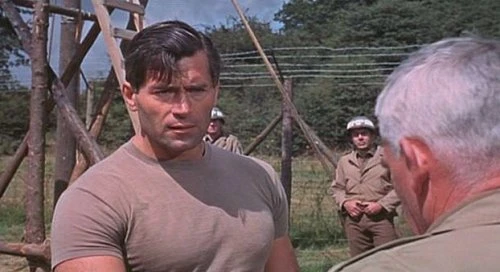
Beyond Cheyenne, Walker appeared in a number of films, including The Dirty Dozen (1967), Gold of the Seven Saints (1961), and Night of the Grizzly (1966), often playing roles that capitalized on his physicality and quiet strength. Off-screen, he was known as a private and humble man, far removed from the brash personas common in Hollywood.
Though its run was uneven and marked by off-screen drama, Cheyenne remains a significant chapter in Western television. It was the first hour-long Western series with a recurring character and helped pave the way for countless others. At its best, the show offered classic frontier justice wrapped in sweeping landscapes and led by a true Western icon.
Clint Walker passed away on 21 May 2018, just nine days shy of his 91st birthday. He remains one of the definitive faces of the TV Western era-a symbol of the American frontier spirit that captivated audiences for more than a decade.
Seen this show? How do you rate it?
Seen this show? How do you rate it?
Published on December 3rd, 2018. Written by Laurence Marcus for Television Heaven.


